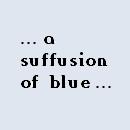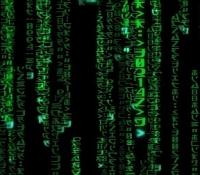Please note that the current release of DiskMgr is not affected by this problem as a workaround was introduced (temporarilly setting any ONLINE disk as OFFLINE before applying the changes).
The following behaviour was observed when changing the Read attribute of a DISK (switching between Read-Only / Read-Write) -
OFFLINE DISK
If the target DISK was marked as OFFLINE, then changing the READ attribute worked without any problems.
ONLINE DISK
If the target DISK was marked as ONLINE, then changing the READ attribute appeared to work. As an example, an ONLINE disk was changed from Read-Write to Read-Only. Following the change, the disk attributes were correctly displayed as Read-Only in the DiskMgr UI and also in DiskPart.
Now here's the interesting part - despite the disk being reported as Read-Only it was possible to save a file to the disk (or more accurately to a mounted volume on the DISK). The disk appeared fully accessible (in regards to creating and editing files) from a file manager (Q-Dir) - it was also possible to save files to the disk from NOTEPAD
And another interesting observation. A file created on the disk marked as Read-Only disappeared following an OFFLINE/ONLINE action! I'm wondering if some kind of file based write filter was at play here.
More testing later. I will use one of the development builds of DiskMgr to check whether it's possible to delete a file/folder from a disk reported to be write protected (after an ONLINE disk is changed from Read-Write to Read-Only) and whether it remains deleted following an OFFLINE/ONLINE action.
With Erwan's permission I am happy to upload a DiskMgr development build (one of the version 0.7 builds if memory serves) if anyone else wants to test this.
Misty




















